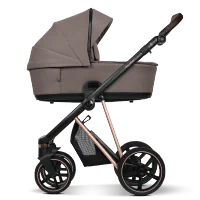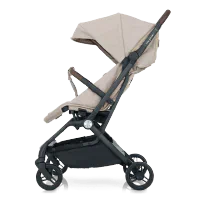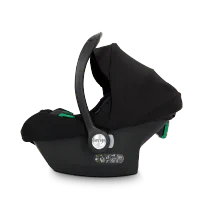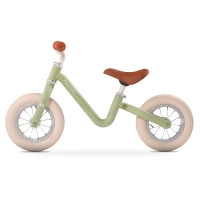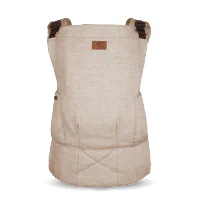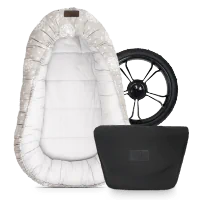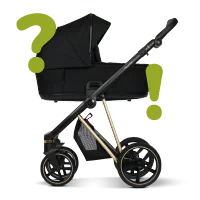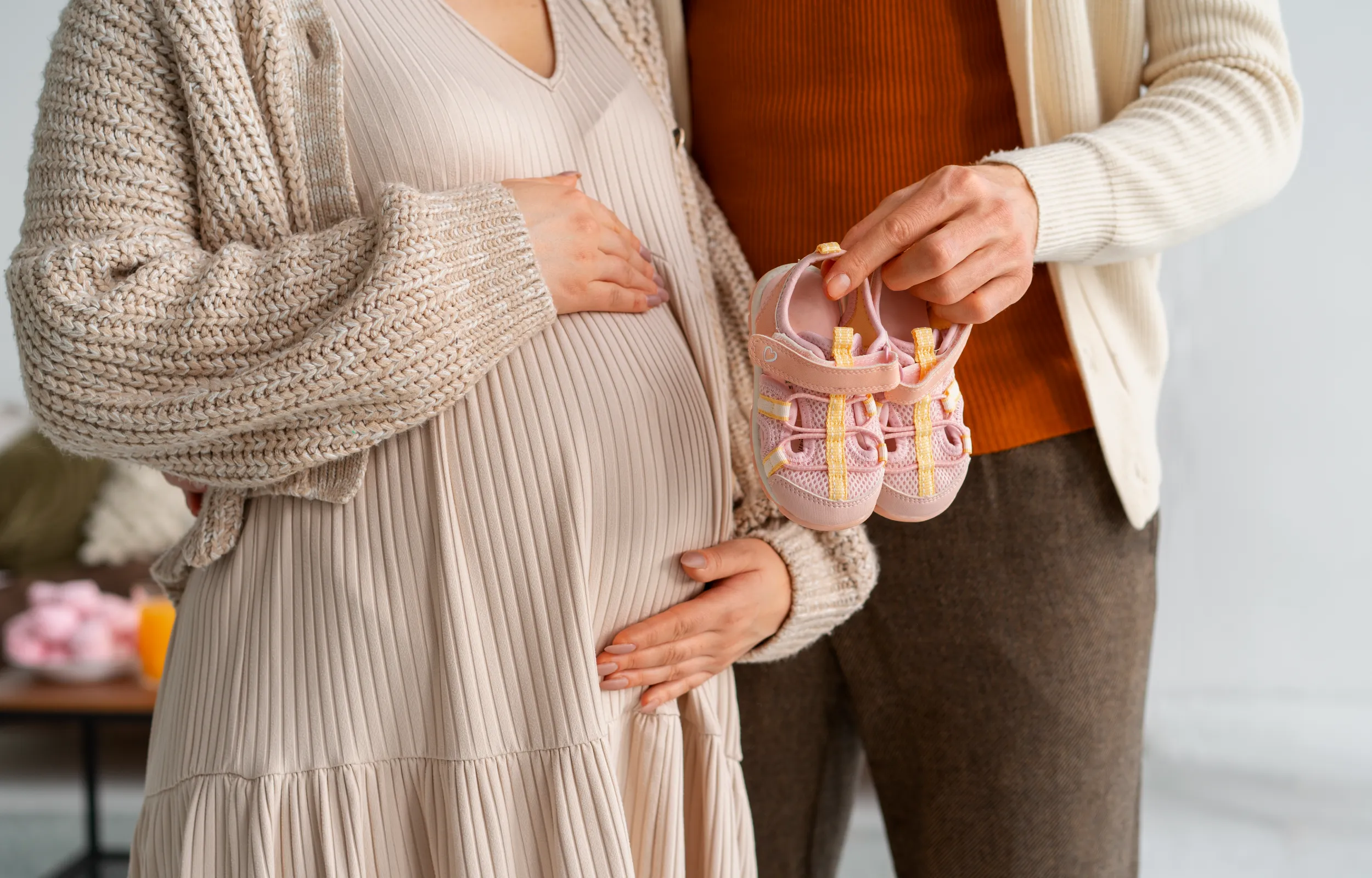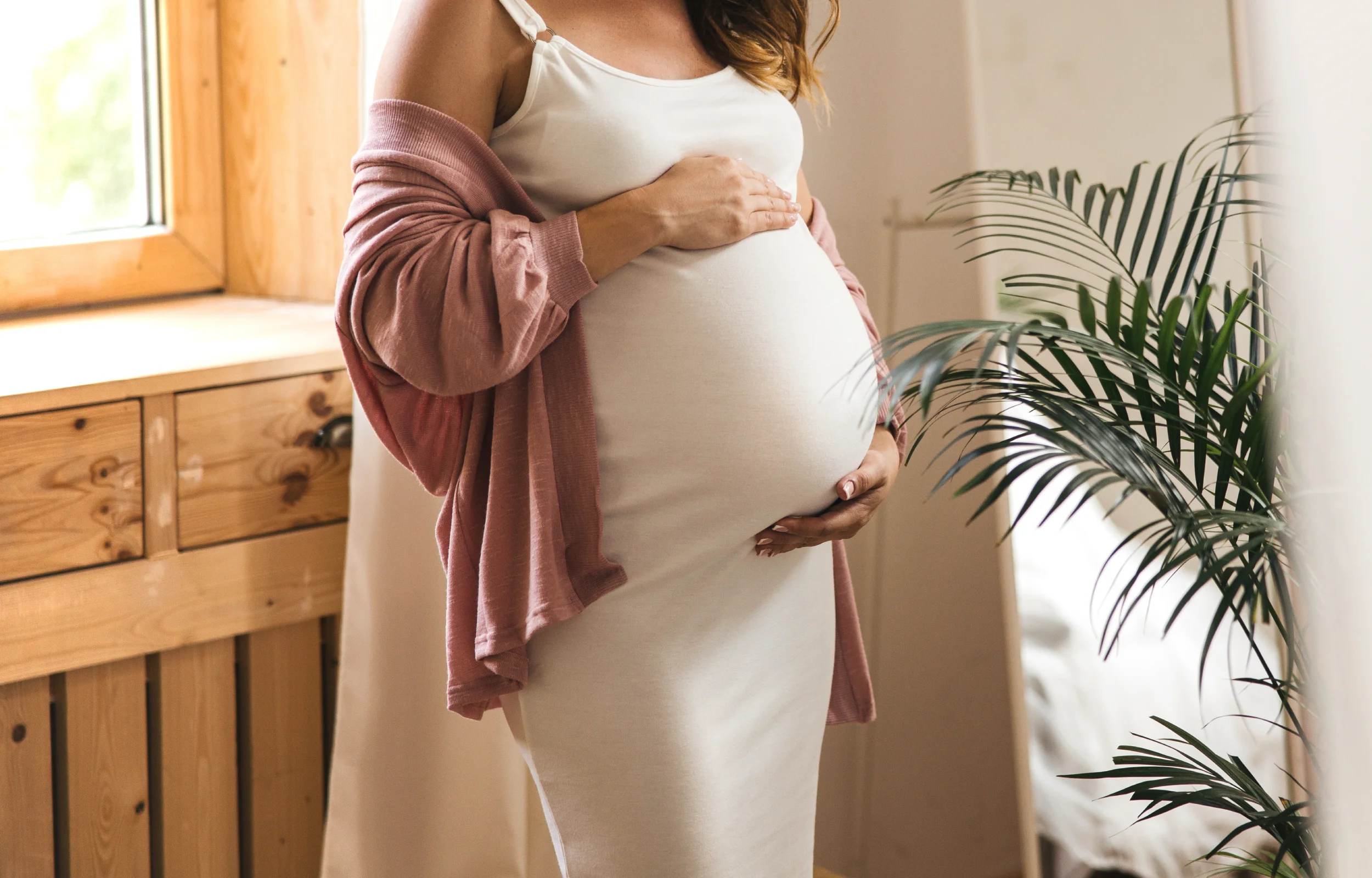
26th Week of Pregnancy (Week 26)
Welcome to the 26th week of pregnancy – the end of the second trimester is getting closer! During this phase, your baby is making great developmental strides, and your body – especially as an expectant mother – continues to change noticeably. Feeling your baby move is now a regular part of the day – or night – for many pregnant women.
Many women report more vivid dreams, slight shortness of breath, or occasional back and pelvic pain. Your weight continues to increase, while your baby's facial features, such as nostrils, ears, and other fine details, become more defined.
At the same time, excitement and anticipation grow: the bond with your baby is getting stronger, and many expectant parents begin to think more consciously about the birth, maternity leave, upcoming check-ups, and their own checklist for the final weeks.
Week 26 is an exciting milestone, where you may already feel a bit more confident – and yet new questions arise every week. Let’s take a look together at how your baby is developing, what is happening in your body, and which tips can help you feel your best. By the way: Your blood now plays a central role too, as it supplies your baby with essential nutrients.
Baby’s Development in Week 26
In the 26th week of pregnancy, your baby is about 35 cm long (crown to heel) and weighs around 800 to 900 grams. It continues to grow steadily – and with it, its abilities are maturing: your baby opens and closes its eyes, reacts to light stimuli, and already recognises your voice.
The brain is also developing rapidly. The brain’s surface begins to form grooves – a sign of increasing neural activity. The lungs are also continuing to mature: the baby regularly practises breathing movements, even though it is still supplied with oxygen entirely through the placenta.
The development of the senses is also progressing: your child perceives sounds, movement, and even taste – by swallowing amniotic fluid, which is slightly flavoured. The first fat layers under the skin are making the baby rounder and will later help with temperature regulation.
Many babies are very active in week 26 – turning, kicking, grabbing the umbilical cord, and reacting to external stimuli. You might even feel a gentle bout of hiccups – a sign that the swallowing reflex is being further trained.
Your Body in the 26th Week of Pregnancy
In week 26, your body continues to change noticeably: your baby bump is now unmistakable and your centre of gravity shifts – which can lead to back pain, an altered gait, and muscle tension.
Your uterus continues to grow and may now press on organs such as your stomach, bladder, or lungs. Many pregnant women report shortness of breath, heartburn, or needing to urinate more often. This is completely normal – your body is constantly adapting to your baby’s needs.
With the increase in blood volume and hormonal changes, you may experience water retention, especially in your legs and feet. Hot flushes, increased sweating, and sensitive areas of skin are also common symptoms at this stage.
Your breasts are continuing to prepare for breastfeeding – they may feel tender or already secrete colostrum. You might also notice a stronger feeling of tightness or itching on your belly as your skin stretches.
Tip: Now is a good time to start targeted pelvic floor exercises and to familiarise yourself with birth preparation or maternity leave regulations.
Tips for the 26th Week of Pregnancy
- 🤰 Strengthen your pelvic floor & posture: Now is the ideal time to start gentle pelvic floor exercises. These help with birth preparation and can prevent later discomfort.
- 💧 Relieve water retention: Elevating your legs, gentle activity (e.g. swimming), and drinking plenty of water can help with swelling. Support stockings offer additional relief.
- 🥗 Keep an eye on iron & magnesium levels: Choose foods rich in iron and magnesium to counteract tiredness, calf cramps, and weakness. Supplements can also be useful.
- 🛌 Sleep more restfully: Use a nursing pillow for a more comfortable position and avoid eating heavy meals late in the evening. Sleeping on your left side also improves blood flow to your baby and placenta.
- 📝 Plan for birth and maternity leave: Maternity leave is getting closer: clarify deadlines with your employer in good time and think about when you’d like to pack your hospital bag, for example.
- 📚 Build knowledge & connect with others: You might like to sign up for an antenatal class or online courses now. Sharing experiences with other mums-to-be is often reassuring and motivating.
The most common questions about the 26th week of pregnancy
What happens to the baby in week 26 of pregnancy?
In week 26, the foetus continues to grow, lung development begins, and early reflexes such as grasping are visible.
How big is my baby in week 26?
Your baby measures about 35 cm from head to heel – roughly the size of a small pumpkin.
What symptoms are common in week 26?
Typical symptoms include back pain, sleep problems, shortness of breath, and pressure on the abdominal wall due to your growing baby.
What is the baby's position in week 26?
Your baby still has plenty of space at 26 weeks and may be turning somersaults and changing position frequently.
How can I ease sleep problems during pregnancy?
Sleeping on your left side, a nursing pillow, and calm bedtime routines can help with sleep issues – your partner can actively support you.
What does Braxton Hicks mean in week 26?
Braxton Hicks contractions are practice contractions – they help prepare the uterus but are not a sign that labour is starting.
How is my baby's immune system developing?
The immune system continues to develop, the first blood cells are forming – the foetus is getting ready for life outside the womb.
Can I still take medicine if I have a cold?
Speak to your doctor or midwife before taking any medication – not all are suitable during pregnancy.
What can I do if I’m worried about premature birth?
The survival chances for a premature baby at 26 weeks are already quite good with proper medical care – speak openly with your doctor.
How does my diet affect my baby now?
A balanced diet supports growth, blood sugar levels, and the development of your baby's blood vessels.
What can my baby see through my tummy now?
Through your thin abdominal wall, your baby can perceive light, colours, and movement – and may react to brightness, for example.
When can I hear my baby’s heartbeat?
From week 26, you can often hear the heartbeat clearly with a basic Doppler device or during an ultrasound scan.
What can I do about bowel sounds and bloating?
Gentle exercise, drinking plenty of water, and a diet high in fibre can help with bowel noises and trapped wind.

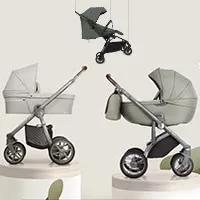 Pushchair
Pushchair 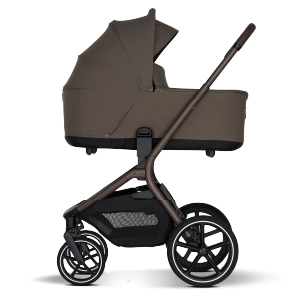 MAVI
MAVI 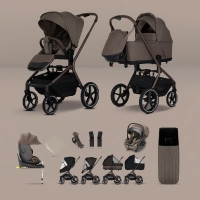 MAVI Bundle
MAVI Bundle 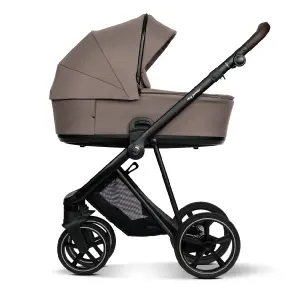 VIGO²
VIGO² 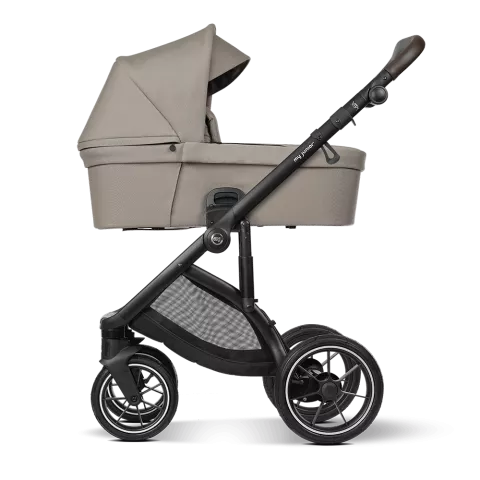 VITA unique³
VITA unique³ 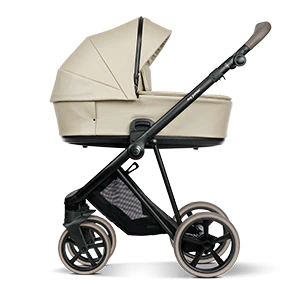 VIGO² Alcantara
VIGO² Alcantara 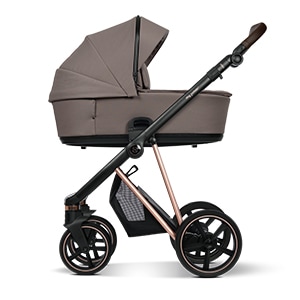 VIGO
VIGO 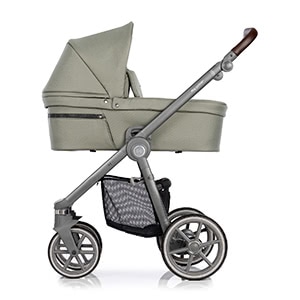 VITA HOPE
VITA HOPE 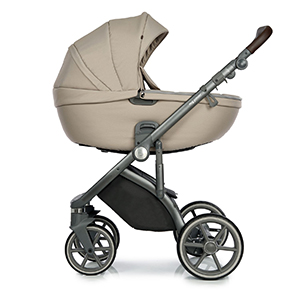 VITA unique²
VITA unique² 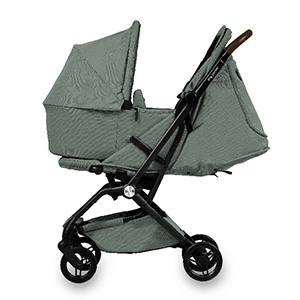 PICO³ with tub
PICO³ with tub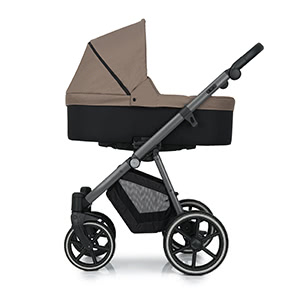 NOAX²
NOAX² 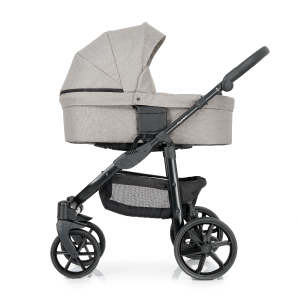 MIYO²
MIYO²  Pram tests
Pram tests  Consultation
Consultation  Buggies
Buggies 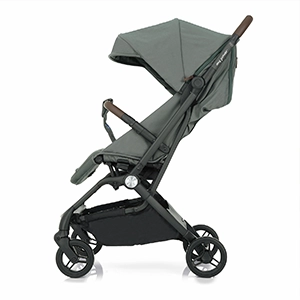 PICO³
PICO³ 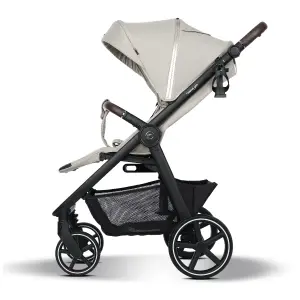 PLIA²
PLIA² 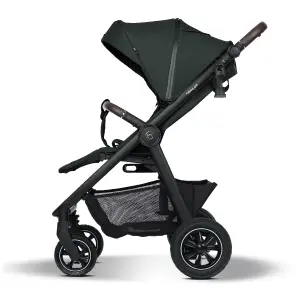 PLIA² Air
PLIA² Air 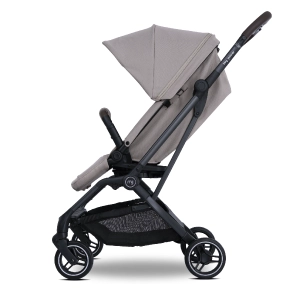 PICO³⁶⁰
PICO³⁶⁰ 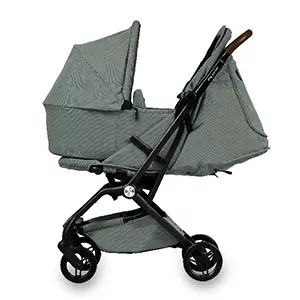 PICO³ with tub
PICO³ with tub 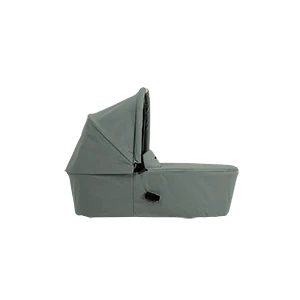 PICO tub
PICO tub 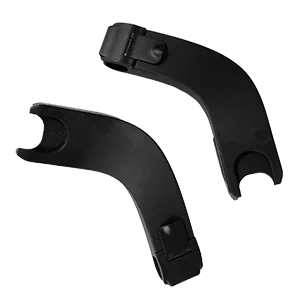 PICO infant car seat adapter
PICO infant car seat adapter  Limited Editions
Limited Editions 

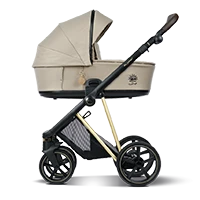
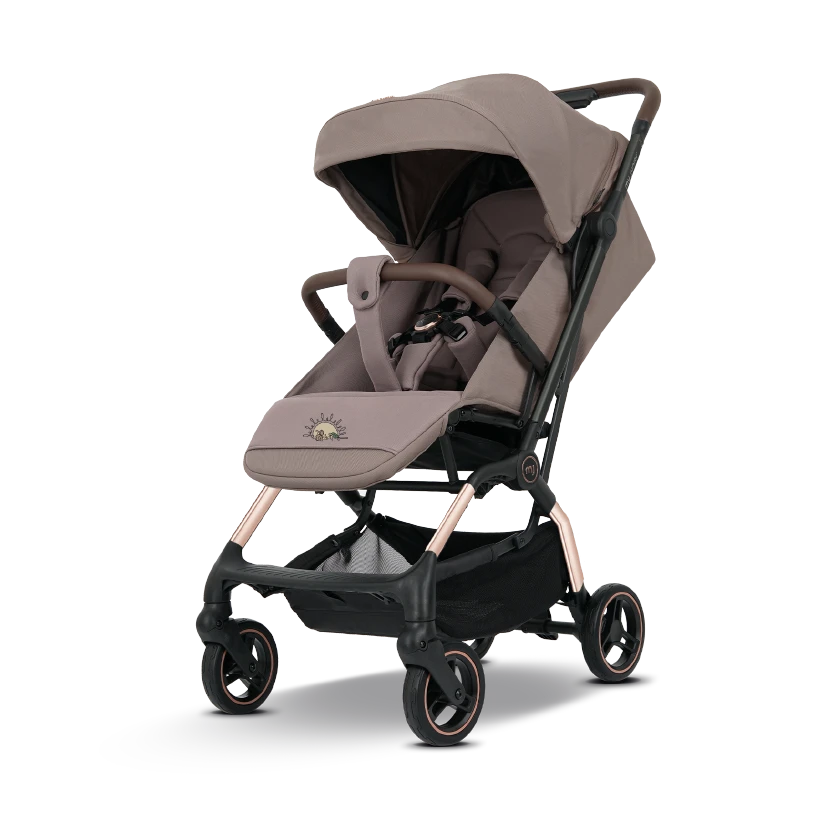


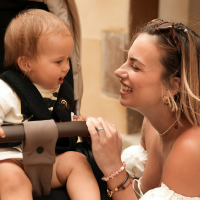
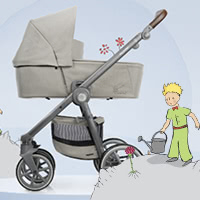
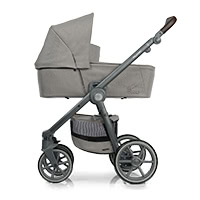
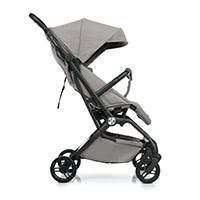
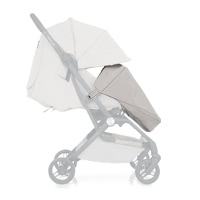

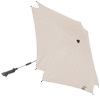 Limited Edition Parasol
Limited Edition Parasol 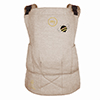 Limited Edition Baby Carrier
Limited Edition Baby Carrier  Child seats
Child seats  All Isofix Bases
All Isofix Bases  AURAᵉʳᵍᵒ
AURAᵉʳᵍᵒ  Aura Pro
Aura Pro  Beam
Beam 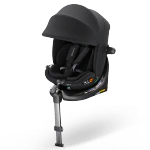 Cyro 360
Cyro 360 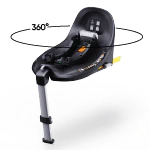 Base 360
Base 360 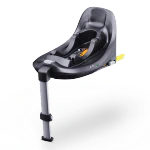 Base Static
Base Static 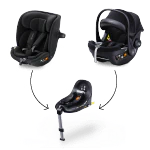 Capsule System
Bundle
Capsule System
Bundle  Beam Bundle
Beam Bundle 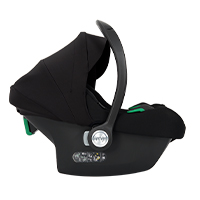 Avionaut Cosmo
Avionaut Cosmo 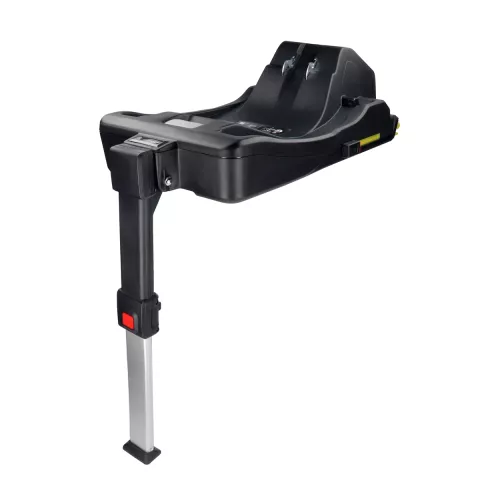
 Love Sale
Love Sale
 Reviews
Reviews  Read reviews
Read reviews  Write a review
Write a review 
 Home
Home  Fabric sample
Fabric sample  Baby carriers
Baby carriers  LUVA
LUVA  NAMI
NAMI 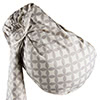 NAMI with ring
NAMI with ring  Accessories
Accessories  Vouchers
Vouchers  Discover my junior®
Discover my junior®  About us
About us  In your vicinity
In your vicinity  All my junior
All my junior Flagship Store
Aachen
Flagship Store
Aachen  Flagship Store
Hamburg
Flagship Store
Hamburg  Flagship Store
Salzburg
Flagship Store
Salzburg  Flagship Store Binzen
Flagship Store Binzen
 Flagship Store
Krefeld
Flagship Store
Krefeld  Studio Cologne
Studio Cologne  Studio Trier
Studio Trier  Studio Braunschweig
Studio Braunschweig
 Studio Metzingen
Studio Metzingen
 my junior® pram in
Switzerland
my junior® pram in
Switzerland  Help and Contact
Help and Contact  Useful
Useful  Career
Career  Press
Press 


